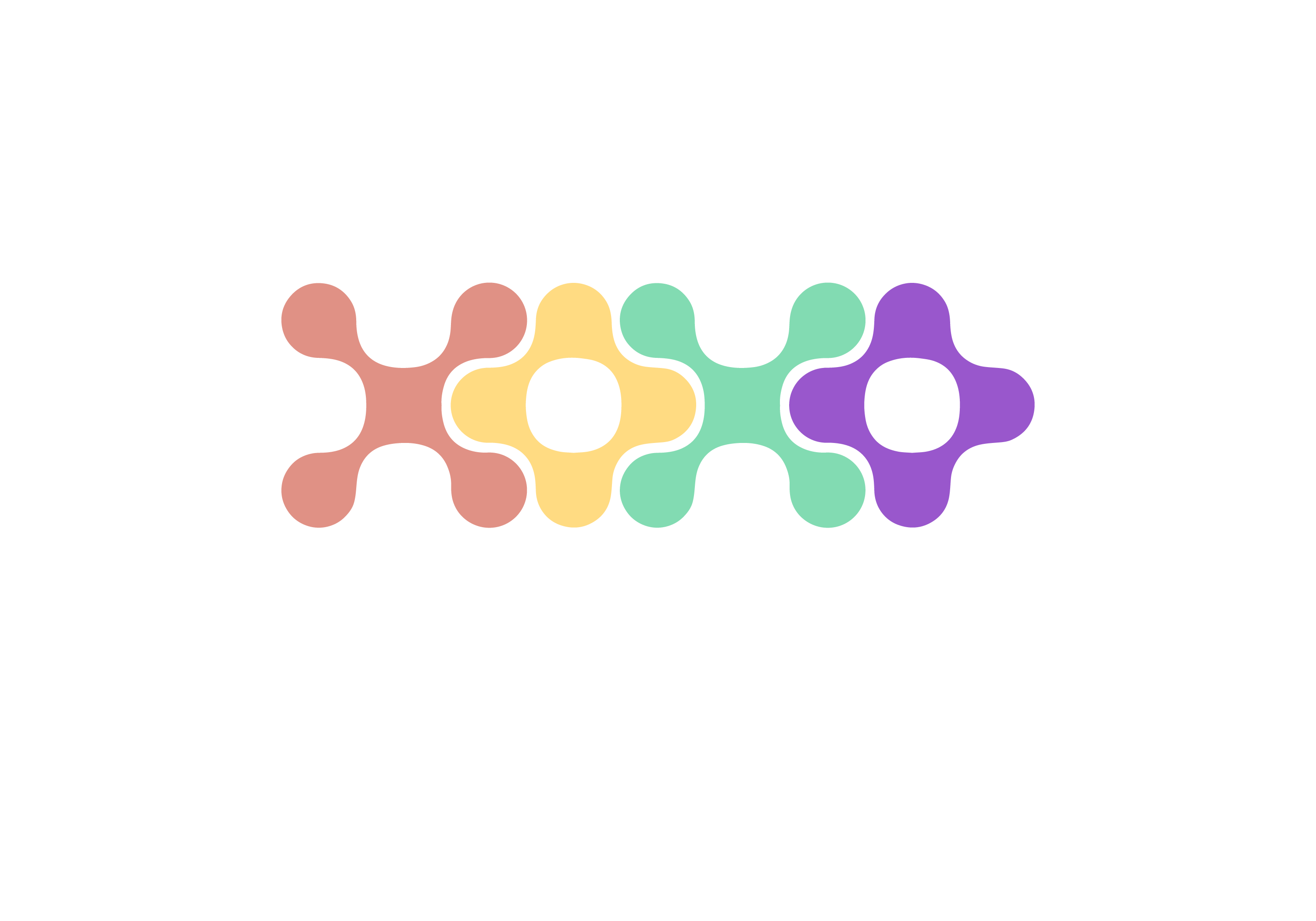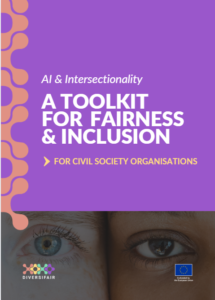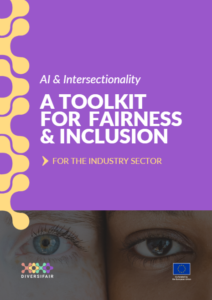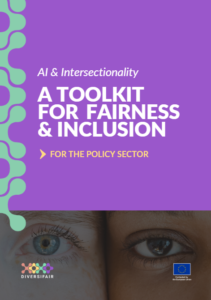Key Insights from the Survey
One of the foundational steps in our process was a survey conducted within the AI community. This aimed to assess perceptions, challenges, and knowledge gaps related to intersectional bias in AI. The results were both insightful and revealing:
- Limited awareness of intersectional bias – While 59% of respondents had experienced discrimination based on multiple factors, only 15% were very familiar with the concept of intersectional bias.
- Recognition of AI bias risks – A large majority (86.3%) acknowledged that AI systems can perpetuate societal biases, yet 58% of those who disagreed came from the tech sector—highlighting a disconnect between developers and broader awareness of AI’s societal impacts.
- The need for more education – 87% of respondents believe public awareness and training on intersectional bias in AI is insufficient, citing a lack of legal frameworks, diversity in AI teams, and expert training.
- Mixed outlook on AI’s potential for fairness – 48% of respondents are optimistic about AI’s role in promoting fairness, but 26% remain neutral and another 26% are pessimistic, reflecting the challenges in translating ethical AI principles into practice.
These findings reinforced the urgent need for accessible, practical guidance—which directly informed the content and structure of our toolkits.
Collaboration with Experts and Stakeholders
Beyond the survey, we engaged with a diverse network of experts through interviews and focus groups, ensuring that multiple perspectives were incorporated into the toolkit development. We are also grateful to the Women in AI and AI & Equality communities for their engagement throughout the process. We extend our deepest gratitude to the individuals and organisations who contributed their time and expertise, including:
From civil society, we thank Alexander Laufer (Amnesty International), Carolina Judith Medina Guzmán (CAIDP Research Group Member), Eleftherios Chelioudakis (Homo Digitalis), Eva Simon (Liberties Europe), Gabriela Del Barco (Independent Consultant), George Bandy (Alliance4Europe), Mariana Ungureanu (Think Tank 360), Silvia A Carretta (Women in AI) and Özge Yanbolluoğlu Çağlar (FAKT Consult for Management, Training and Technologies).
From industry and technology, we are grateful to A. Rosa Castillo (Data Scientist | ML Engineer), Anastasia Petrova (Meta Souls), Aurelia Takacs (Cisco), Aurelie Mazet (Iron Mountain), Barbara Ruiz Rodriguez (Cdiscount), Chloé Plédel (Hub France IA and European AI Forum), Diego Gosmar (Xcally), Iva Tasheva (CYEN), Leyla el khamlichi (Employee Insurance Agency – Uitvoeringsinstituut werknemersverzekeringen, UWV), Lilian Ho (AECOM), Luigi Lenguito (BforeAI), Paksy Plackis-Cheng (Impactmania), Priska Burkard (TechFace) and Sabrina Palme (PALQEE).
From policy and governance, we appreciate the insights of Anne-Catherine Lorrain (European Parliament), Anca Goron (Romania National Scientific and Ethics Council in AI), Diana Gutierrez (Optim.ai), Enrico Panai (CEN CENELEC), Immaculate Odwera (BlueDot Impact), Mariagrazia Squicciarini (UNESCO), Monique Steijns (Netherlands Scientific Council for the Government), Nicolas Zahn (Swiss Digital Initiative), Sarah Bitamazire (Lumiera), Sebastian Hallensleben (OECD) and Tjerk TIMAN (Technopolis Group).
(And many more—thank you all for your invaluable contributions!)




